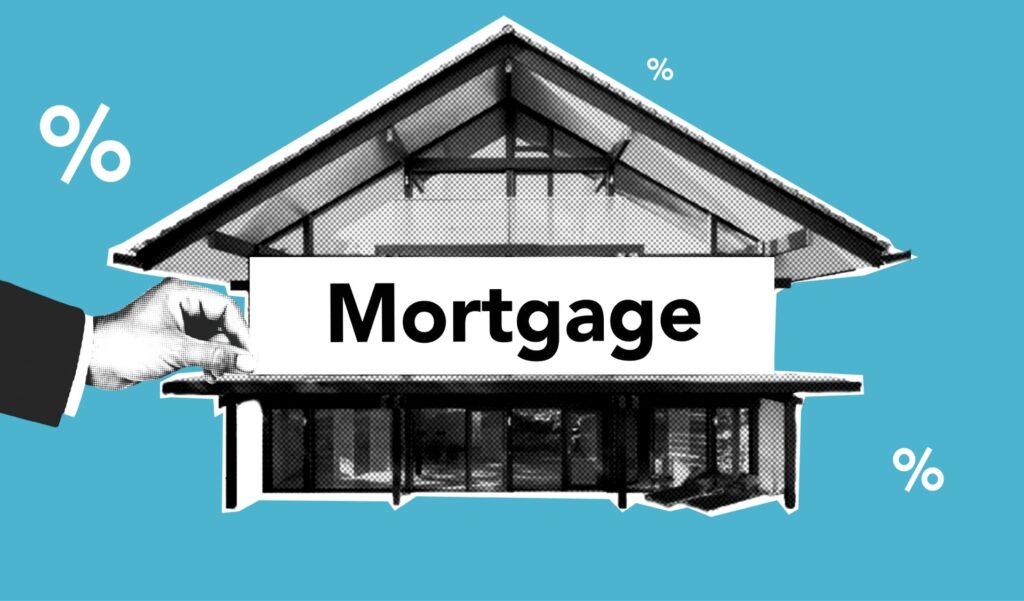If you just purchased your first home, you may face some challenges when choosing the right homeowners insurance. Most mortgage providers require proof of homeowners insurance before settling. You should start shopping around at least a month before settlement. If you wait until the last minute, you could end up delaying the process.
A lot of first-time buyers will go with whatever insurance company their agent recommends, or who their parents or friends use. However, that is not the way to get the best coverage and at the best price. Follow some basic tips to make a good decision about your insurance policy.
- Get some quotes
You should go online and get quotes from different insurance companies and agents. You need to ensure you are comparing the same services when assessing your options, because some insurance policies may offer more comprehensive coverage than others.
- Know what your insurance policy covers
You will need to know what your insurance policy covers and what it doesn’t. Homeowners insurance protects you against common risks such as electrical fires, water damage, and roof leaks. However, maintenance issues like pest infestations and mould are not usually covered. You may also need contents coverage and special insurance coverage for things like a wine collection, fine art, jewellery, or antiques that are not otherwise covered.
- Check the rating of the insurance company
A rating is a professional assessment of the financial standing of the insurance company. A good rating means that the company can meet its insurance claim obligations even after a large-scale disaster like a flood or bushfire.
- Choose a high enough excess
You should ensure they are covered in case of a catastrophe that could wipe out the entirety of their belongings and home. But to save money, investors should also choose a deductible/excess as high as they can afford. Professionals recommend choosing an excess of around $2500 and only filing a claim for something worth more than that amount. Buyers should ensure they budget for their excess if they have a claim, and that they have an emergency fund that covers small repairs that cost less money than their excess.
- Consider additional protection
You should make sure you have adequate insurance coverage for severe disasters such as storms, bushfires, earthquakes, and floods, which may require an additional insurance policy, depending on your location. People in disaster/catastrophe zones should do all they can to protect their homes before a disaster. For example, you will pay more for bushfire coverage if you live in a particularly vulnerable area.
The policy may stipulate that you clear bush from around the home, install impact-resistant doors, or use noncombustible landscaping and building materials if building a new home. Insurance companies may give discounts for making a home safer, such as investing in proper wind mitigation strategies in cyclone-prone areas.
- Look for discounts
Whilst there are common discounts for homeowners’ insurance, they are not standardized across the industry. For example, many companies offer at least 5% discount for security systems. Various water mitigation systems such as leak sensors and automatic water shut off valves can qualify for discounts. Also, installing smart security cameras and advanced fire alarms could also qualify for discounts.
It is important to explain all the necessary risk prevention measures to the insurance company to claim your discounts.
Written by Kirsty Jones


